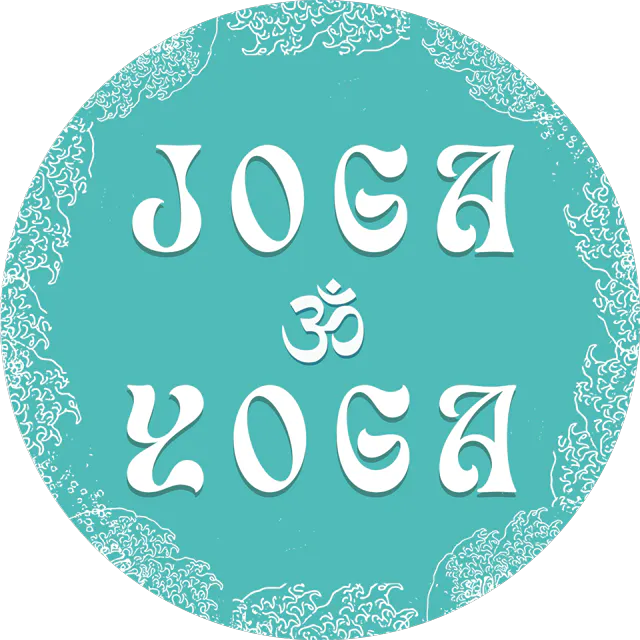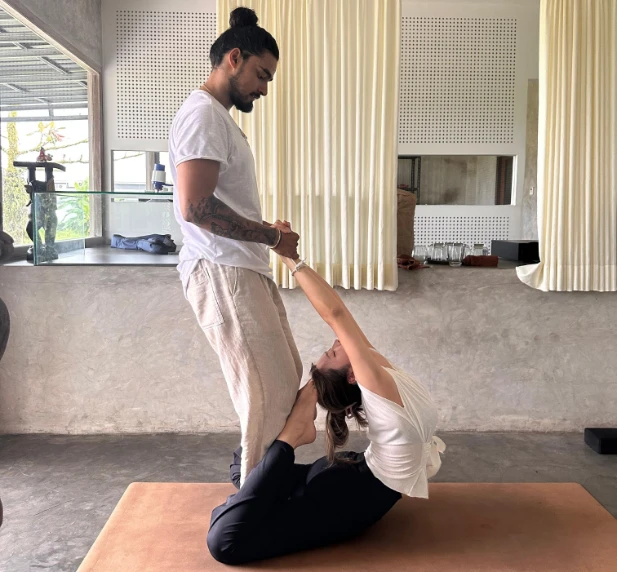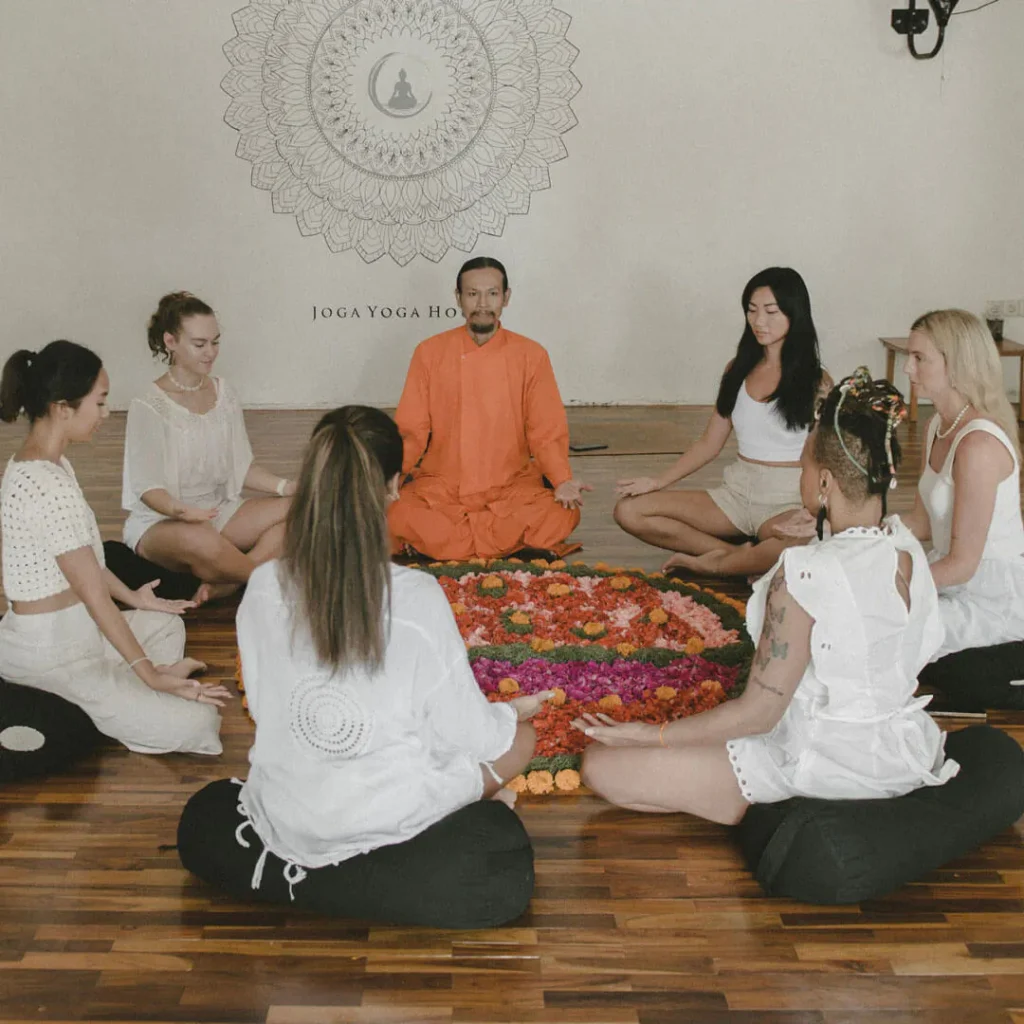The time needed to become a yoga teacher depends on the type of training program and your commitment. Basic training programs start with 200-hour certifications, while more advanced options include 300-hour and 500-hour certifications. These programs cover anatomy, yoga philosophy, teaching methods, and practical training.
Becoming a yoga teacher is not just about completing a program. Continuous learning and practice are essential for long-term success.
Factors Influencing Training Duration

The time it takes to become a yoga teacher varies depending on several factors, including your prior experience, the chosen yoga style, the training program’s requirements, and your dedication.
Prior Yoga Experience
Prior yoga experience significantly impacts the duration of training. Students with a solid foundation in yoga practice and theory generally require less time to complete their training. For instance, someone practicing yoga regularly for several years may find the course material more familiar and absorb information faster.
Conversely, individuals with limited or no prior yoga experience might need to dedicate more time to understanding the concepts and refining their practice.
Chosen Yoga Style
The chosen yoga style influences the duration of the training. Some styles, like Hatha yoga, offer a broad introduction to various yoga techniques, while others, such as Ashtanga or Vinyasa, focus on specific sequences and methodologies. Training programs for specialized styles often require additional time to master the specific techniques and philosophy associated with them.
The time it takes to become a yoga teacher can vary depending on your chosen training program. Some programs may take just a few months, while others can take a year or more. It’s important to consider your own goals and lifestyle when making this decision.
For example, a 200-hour training program in Hatha yoga may be sufficient, while a 300-hour or even 500-hour program might be required for styles like Ashtanga or Iyengar yoga.
Yoga Teacher Training Program Requirements
Different yoga teacher training programs have varying requirements and durations. The most common program length is 200 hours, which provides a foundational understanding of yoga theory, philosophy, and practice. 300-hour programs offer a deeper dive into specific yoga styles, while 500-hour programs are designed for those who wish to become more advanced teachers or specialize in a particular area of yoga.
Personal Learning Pace and Dedication
The individual’s learning pace and dedication also play crucial roles in determining training duration. Some individuals may be able to complete their training within the standard time frame, while others might need more time to grasp the concepts fully and develop their teaching skills.
Consistency in practice, active participation in the program, and a willingness to learn are essential for success.
Beyond Formal Training

Becoming a yoga teacher is not a one-time event but an ongoing journey of learning and growth. The formal training program is just the foundation; continuous learning is essential to evolve as a teacher and deepen your understanding of yoga.
Resources for Ongoing Professional Development
Yoga teachers can benefit from various resources to continue learning and refine their skills. These resources offer opportunities to expand their knowledge base, stay current with new developments in the field, and connect with other teachers.
- Workshops and Retreats: Workshops and retreats provide focused learning experiences in specific areas of yoga, such as anatomy, philosophy, or advanced asana practice. They offer opportunities to deepen your knowledge, learn new techniques, and connect with other teachers in a supportive environment. Many renowned yoga teachers conduct workshops and retreats throughout the year, covering various topics.
- Mentorship Programs: Mentorship programs provide personalized guidance and support from experienced yoga teachers. Mentors can offer feedback on your teaching style, help you develop your skills, and provide valuable insights into the yoga profession. Mentorship programs can be found through yoga studios, organizations, or individual teachers.
- Yoga Conferences: Yoga conferences are large gatherings of yoga teachers, practitioners, and industry professionals. These events offer many educational opportunities, including workshops, lectures, and presentations on various topics. Conferences are also a great way to network with other teachers, learn about new trends, and stay up-to-date on the latest developments in the yoga world.
Benefits of Attending Yoga Conferences and Workshops
Attending yoga conferences and workshops can significantly benefit yoga teachers, helping them enhance their teaching skills, broaden their knowledge, and stay inspired.
- Expand Your Knowledge: Conferences and workshops offer opportunities to learn from experts in various fields related to yoga, including anatomy, physiology, philosophy, and specific styles of yoga. This expanded knowledge can enhance your teaching and deepen your understanding of yoga.
- Refine Your Teaching Skills: Workshops often focus on specific teaching techniques, such as cueing, sequencing, or modifications. This focused learning can help you improve your teaching style and become a more effective and confident instructor.
- Connect with Other Teachers: Conferences and workshops provide a platform for teachers to connect, share experiences, and learn from each other. This networking can provide support, inspiration, and new perspectives on teaching yoga.
- Stay Current with Trends: The yoga world is constantly evolving, with new styles, techniques, and research emerging. Conferences and workshops inform you about these developments, allowing you to stay current and relevant in your teaching.
The Role of Self-Practice and Personal Development
Beyond formal training and ongoing professional development, a yoga teacher’s journey involves a commitment to self-practice and personal growth. This commitment is crucial for deepening your understanding of yoga, refining your skills, and becoming a more authentic and inspiring teacher.
“Yoga is a journey of the self, through the self, to the self.”B.K.S. Iyengar
- Deepen Your Practice: Regular self-practice is essential for a yoga teacher. It allows you to experience the benefits of yoga firsthand, deepen your understanding of the poses, and refine your own practice. This personal experience informs your teaching and allows you to connect with your students on a deeper level.
- Embrace Personal Growth: Yoga is a practice that extends beyond the mat. It encourages self-reflection, mindfulness, and compassion. By embracing personal growth, you become a more well-rounded individual, which translates into a more authentic and impactful teacher.
Factors Affecting Post-Training Time to Practice

Becoming a yoga teacher involves more than just completing a training program. Building a sustainable yoga teaching practice can take time and effort, particularly in the initial stages. Factors like finding teaching opportunities, building a clientele, and marketing your services are crucial in determining the time it takes to establish a successful career as a yoga teacher.
Finding Teaching Opportunities
One of the biggest challenges for new yoga teachers is finding teaching opportunities. The yoga industry is competitive, and many studios and gyms have established teachers already. This makes it essential for new teachers to be proactive and strategic in their search for teaching positions.
- Networking: Attending yoga events, workshops, and conferences provides an opportunity to meet other teachers, studio owners, and potential clients. Building relationships with people in the yoga community can lead to referrals and teaching opportunities.
- Online Platforms: Websites and apps like MindBody, Glo, and Yoga International allow yoga teachers to create profiles, list their classes, and connect with potential students. These platforms provide a convenient way to reach a wider audience and promote your teaching services.
- Reaching Out Directly: Contacting studios and gyms in your area directly can be a proactive way to inquire about teaching opportunities. Be prepared to share your qualifications, teaching style, and availability.
Building a Clientele: How long does it take to become a yoga teacher?
Once you have secured some teaching opportunities, the next step is to build a loyal clientele. This involves providing high-quality instruction, building student trust, and creating a positive and supportive environment.
- Consistent Teaching: Teaching regularly allows you to build a following and gain experience. It also demonstrates your commitment to your students and your passion for yoga.
- Excellent Communication: Clear and effective communication with students is crucial for building trust and rapport. This includes providing clear instructions, responding to questions, and offering personalized feedback.
- Creating a Supportive Community: Encouraging students to connect outside of class can foster a sense of community and belonging. This can be achieved through social media groups, workshops, or special events.
Marketing and Promotion
Marketing and promoting your yoga teaching services is essential for attracting new students. Various strategies can help you reach your target audience and build your brand.
- Social Media: Creating a professional presence on social media platforms like Instagram, Facebook, and YouTube allows you to share your teaching philosophy, class schedules, and testimonials. Regularly posting engaging content can help you attract new followers and build your brand.
- Website: Having a website provides a platform to showcase your qualifications, teaching style, class offerings, and testimonials. It also allows you to collect contact information and build an email list.
- Community Involvement: Offering free workshops or classes at community events or local businesses can help you reach a wider audience and generate interest in your services.
Networking and Building Relationships
Networking and building relationships within the yoga community are crucial for professional growth and success. This involves connecting with other teachers, studio owners, and yoga enthusiasts.
- Attending Yoga Events: Conferences, workshops, and retreats provide opportunities to meet other teachers, learn new techniques, and stay up-to-date on industry trends.
- Joining Yoga Organizations: Membership in professional yoga organizations like Yoga Alliance can provide access to resources, networking opportunities, and professional development programs.
- Collaborating with Other Teachers: Partnering with other teachers on workshops, retreats, or special events can expand your reach and introduce you to new audiences.
Conclusive Thoughts

Becoming a yoga teacher is a transformative journey that requires dedication, passion, and a commitment to ongoing learning. The time it takes to achieve this goal is a variable shaped by individual circumstances and aspirations. Whether you pursue a 200-hour program, a more intensive 500-hour certification, or a combination of formal training and self-study, the journey is one of self-discovery, growth, and empowerment.
Embrace the process, nurture your passion, and embark on this rewarding path to becoming a guiding light in yoga.
Q&A: How Long Does It Take To Become A Yoga Teacher
What is the minimum requirement for becoming a yoga teacher?
Most yoga schools require a minimum of a 200-hour yoga teacher training program to be certified.
Are there online yoga teacher training programs?
Yes, many reputable yoga schools offer online yoga teacher training programs, allowing flexibility and accessibility for aspiring teachers.
How much does a yoga teacher training program cost?
The cost of yoga teacher training programs varies widely depending on the school, location, and program duration. Prices can range from a few thousand dollars to over ten thousand dollars.




